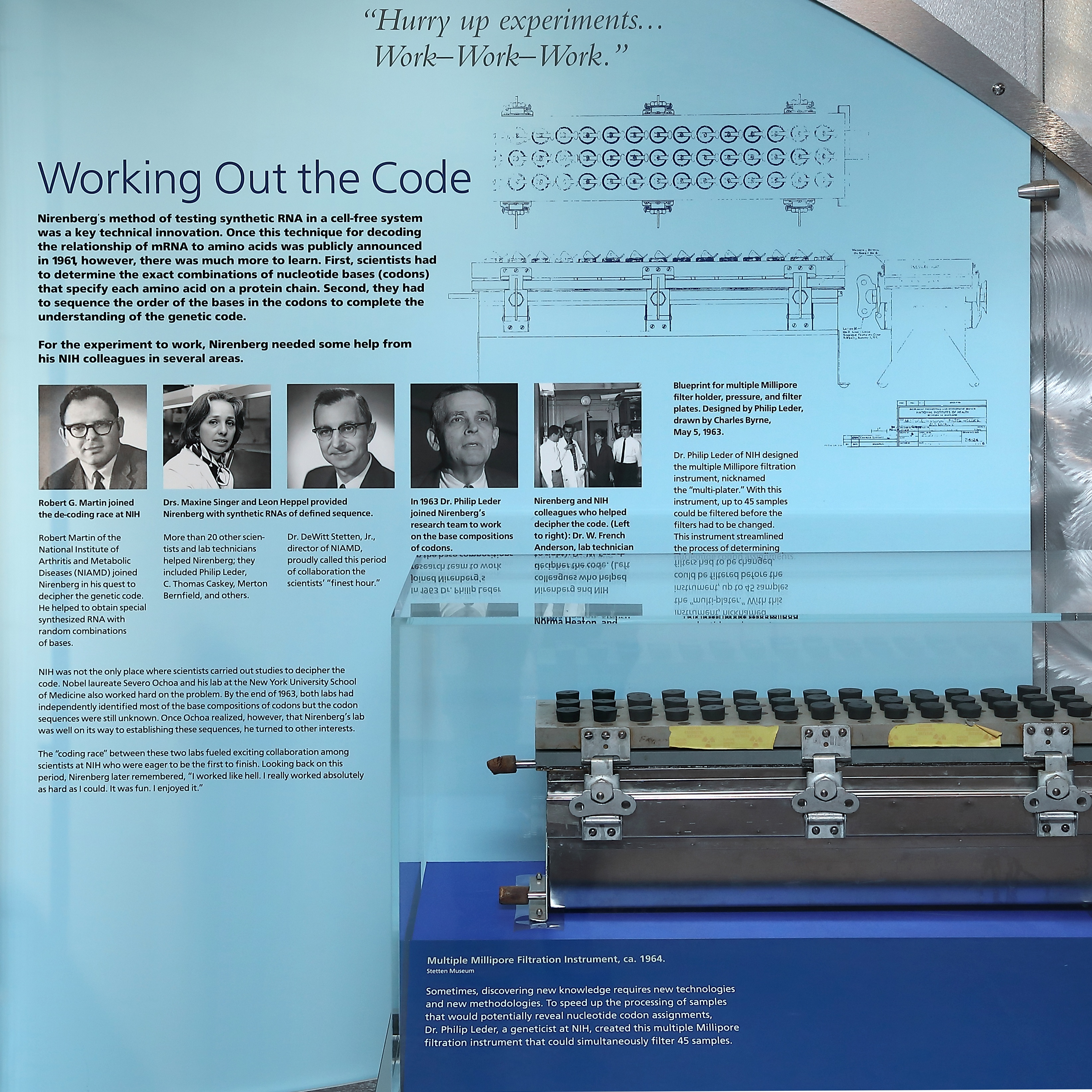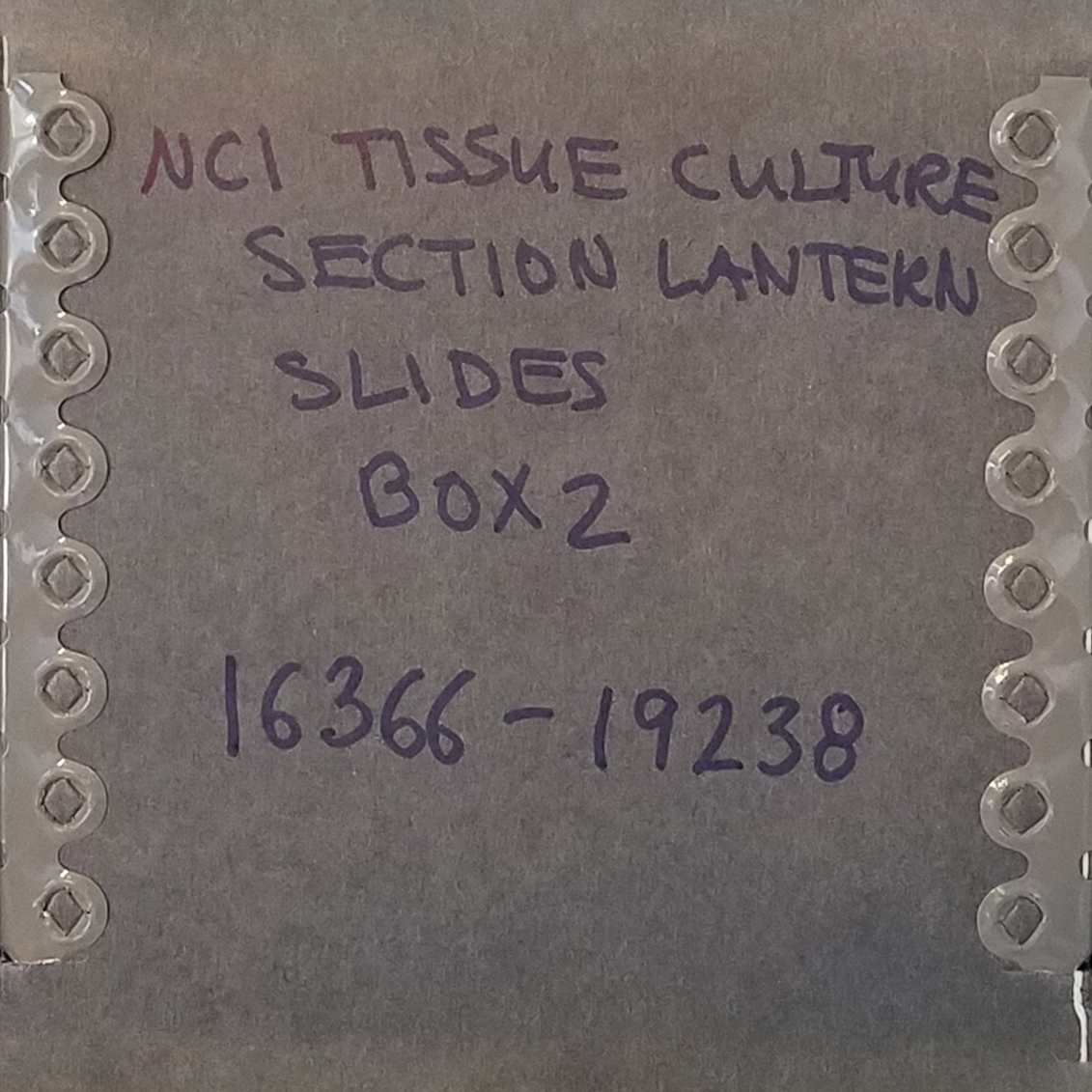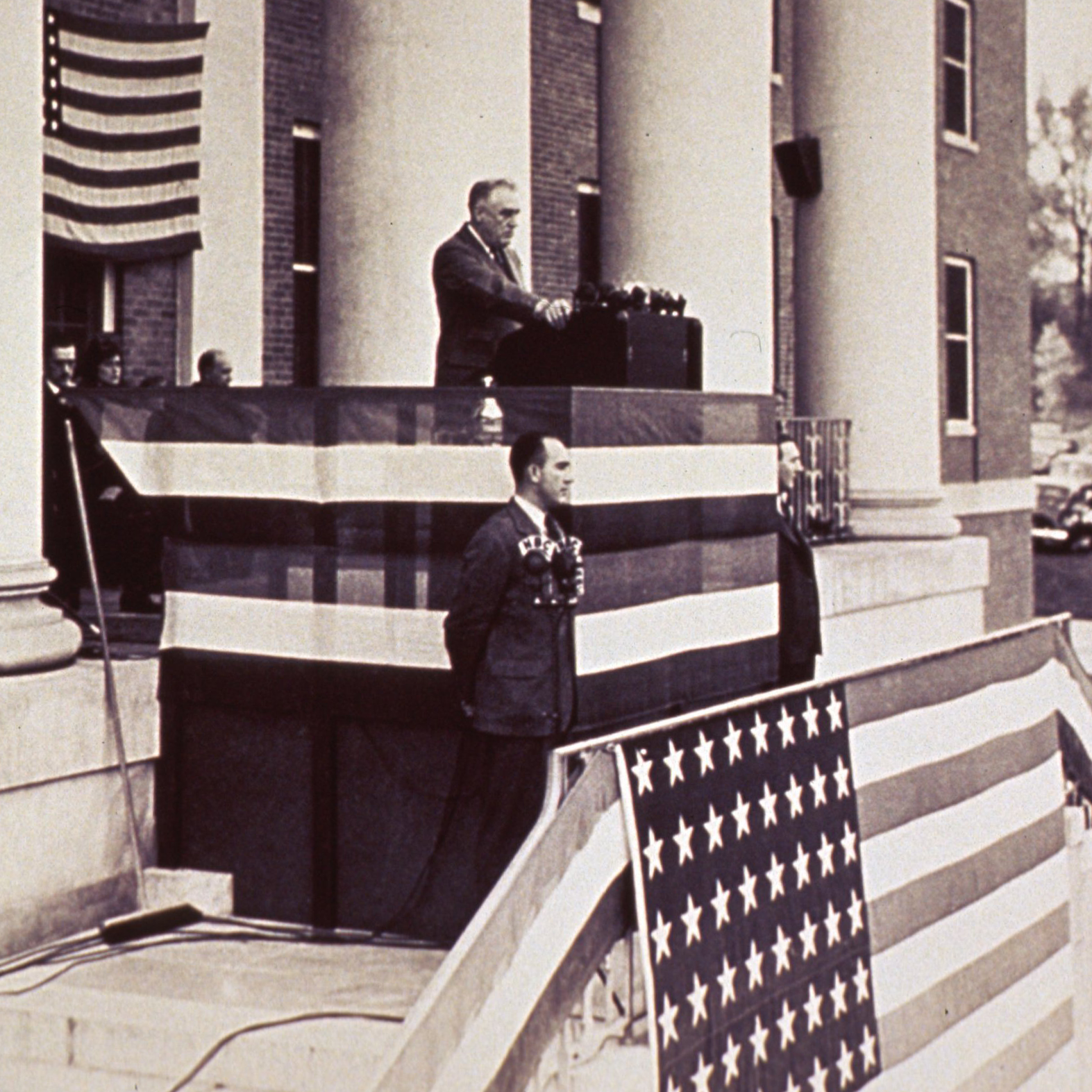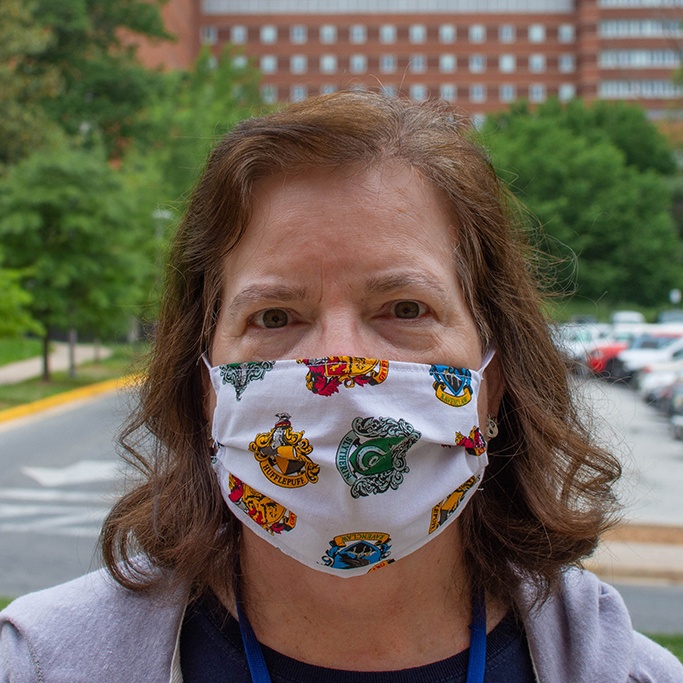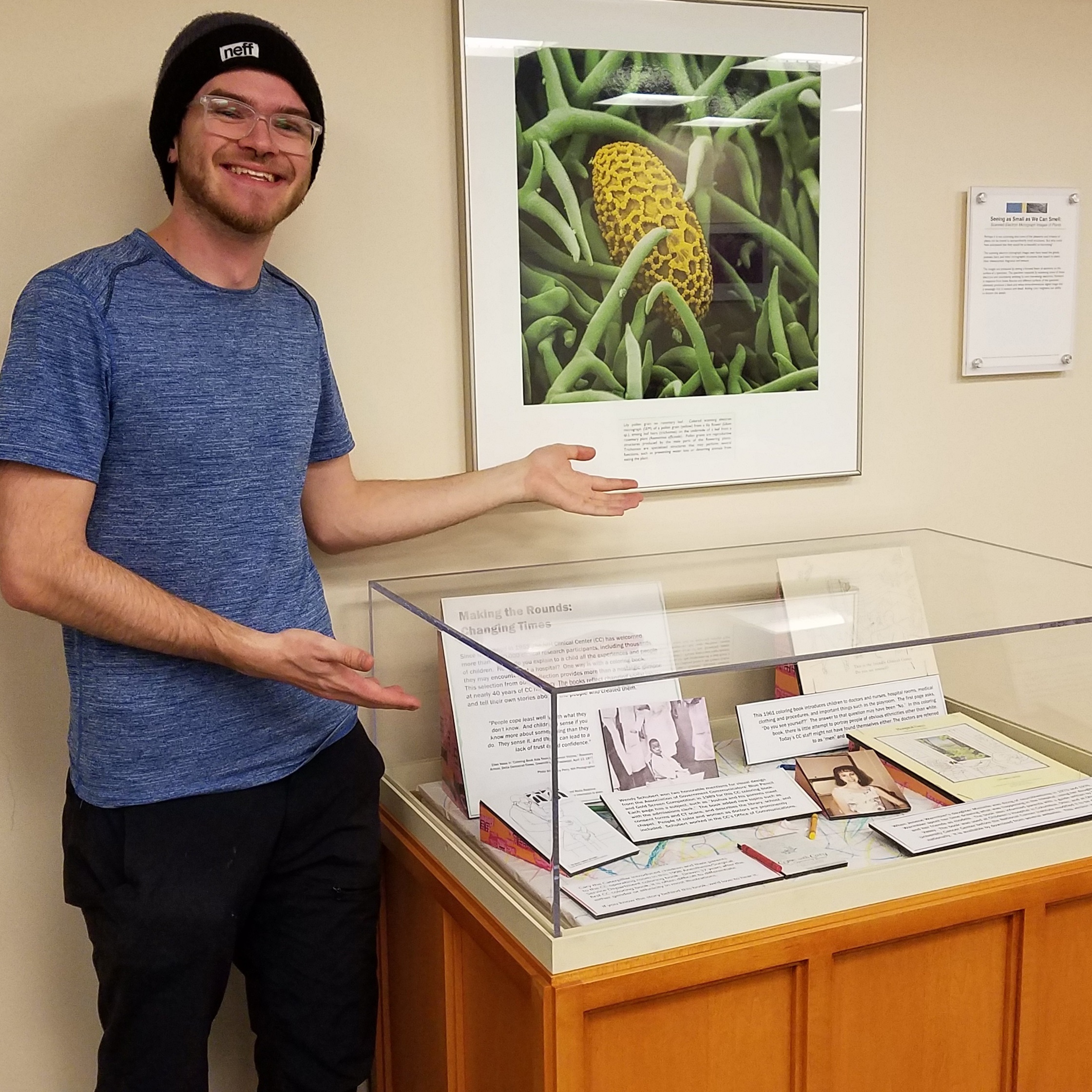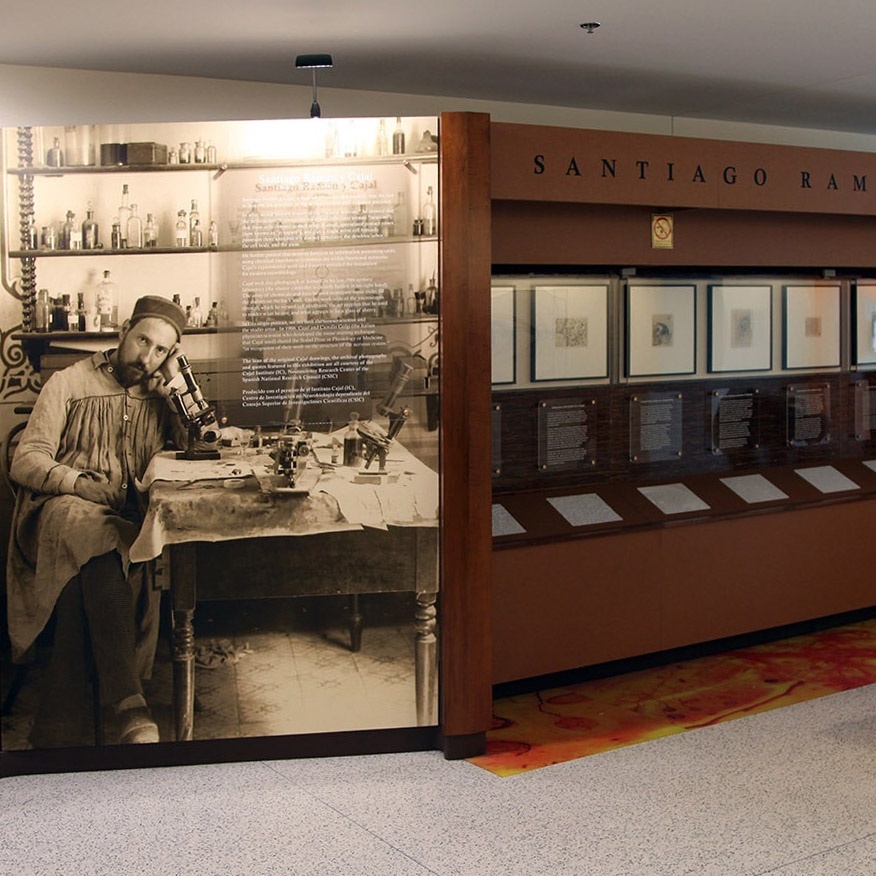Highlights
A Short History of the NIH
How NIH grew from a one-room laboratory to become the largest biomedical research agency in the world.The DeWitt Stetten Jr. Museum of Medical Research, established in 1986, preserves and interprets the material culture of the scientific work of the NIH. In conjunction with the broader Office of NIH History, the Stetten Museum collects biomedical research instruments, photographs, videos, journals, oral histories, and objects related to the general history of the NIH, including architectural artifacts, artwork, and clothing.
The Office of NIH History and Stetten Museum holds many collections: objects, images, and documents, and books. We have over 3,100 objects and thousands of photographs related to NIH history. There are many ways to search our collections.
The Office of NIH History and Stetten Museum was established to increase historical understanding of the National Institutes of Health and biomedical science among NIH staff, scholars, and the general public. The Office serves as a source of information for NIH history by maintaining a subject and biographical ready-reference collection.
Call for Stories: Behind the Mask
COVID-19 has impacted the NIH community in many ways—from researching and providing information about the disease, developing therapeutics and vaccines, caring for patients in the Clinical Center, and re-configuring the ways we perform our jobs. The Office of NIH History and Stetten Museum is seeking reflections, documents, photographs, and objects about how those at NIH have experienced the COVID-19 pandemic.
New Display Cases in Three Buildings on Campus
Read a comic book about Joseph Goldberger’s work in pellagra in the early 20th century at the Building 1, 3rd-floor case. Be amazed at the variety of Clinical Center patches near the Hospitality Desk on the 1st floor of the Clinical Center. Think about the social context of coloring books from the Clinical Center by its 2nd-floor cafeteria. And salute a leading woman investigator, Dr. Margaret Pittman, in the Building 60 lobby.
A New Set of Neuroanatomy Drawings by Santiago Ramón y Cajal was Installed in Building 35
The current set of seven neuroanatomy drawings by Santiago Ramón y Cajal will remain on rotation in Building 35.
Courtesy of the Lednicer Family
We celebrate the life, work, and friendship of Daniel Lednicer, Ph.D., who joined our office as a volunteer in 2006 and actively contributed to our mission until his death last week at the age of 91. He is greatly missed.
Courtesy of the Tabor Family
We are sad to relay news of the passing of Herbert Tabor, M.D., the world's foremost authority on the enzymatic pathways of polyamines, as well as an esteemed editor of the Journal of Biological Chemistry for 40 years and, until his death at age 101, a senior principal investigator in the NIDDK Laboratory of Biochemistry and Genetics, where he had served as lab chief until 1999.
Hand Hygiene in Hospitals
"One of the most remarkable developments of the last 50 years is the awakening of a sanitary conscience. It is a new thought to many men that the care of the body and cleanliness of surroundings are very considerable factors in the comfort, safety, and even the life and health of their fellow men.”


